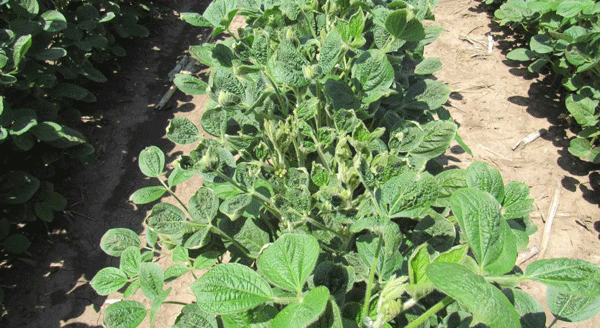Online certification for Arkansas dicamba, Enlist 2,4-D applicators
Online training is open for Arkansas farmers seeking the mandatory license for ground applications of any dicamba or Enlist 2,4-D formulations in 2018.
There are two separate online modules: One module covers dicamba, the other covers both Enlist One and Enlist Duo. Applicators must complete the certification for each chemical they seek to apply.
“Because of the short timeline until growing season, keeping this mandatory training online would make it more convenient for farmers and other who must to obtain their applicators license,” said Ples Spradley, extension pesticide assessment specialist for the University of Arkansas System Division of Agriculture. “This will enable applicators to take this test at a time and place that’s convenient for them.”
Once applicators complete the training module, they will have to achieve a 90 percent score on a 20-question test to pass and receive their license.
To complete the training:
1. Go to uaex.edu or http://bit.ly/ArkApplicator2018;
2. Complete the registration form;
3. Select the training for the chemistry to be sprayed;
4. Complete the module;
5. Pass the 20-question test with at least a 90 percent score; and
6. Print and keep the certificate.
Attendance at training provided by chemical companies or our Cooperative Extension Service spray schools is encouraged but those trainings alone will not fulfill the license requirements in Arkansas. The spray schools, conducted by Extension Application Technologist Jason Davis, will cover some of the complex scenarios faced by farm applicators. See http://bit.ly/ARSpraySchools18.
“We will be discussing several of the real dilemmas and decisions that today’s applicators face in season, such as balancing label demands with in-field realities, how temperature inversions impact all applications and how to save hours a day in peak season with a new clean out approach,” he said. “We will cover new state regulations and federal labels; however, much of the day will focus on what impacts the drift potential and efficacy of any application.”
Mention of product names does not imply endorsement by the University of Arkansas System Division of Agriculture.
For more information on applicator and other training or education opportunities, contact your county extension office or visit http://bit.ly/ArkApplicator2018.
